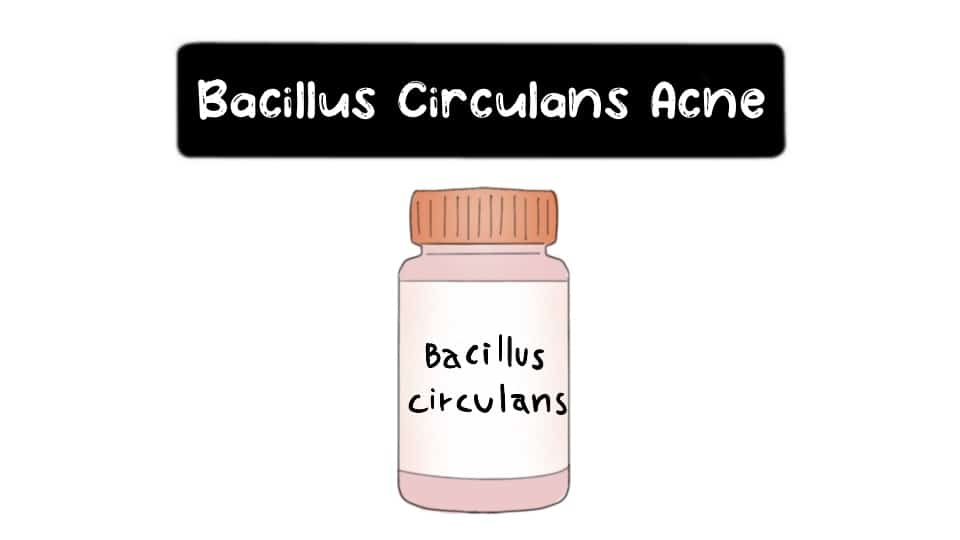Bacillus Circulans: Definition, Acne And Pathogenicity

Bacillus circulans is a Gram-positive bacterium known for its ability to generate electrical energy through glucose fermentation and its potential role in inhibiting the growth of human skin pathogen Cutibacterium acnes, which is associated with inflammatory acne vulgaris. It can be found in infant bile, fermented food and sewage.
What Is Bacillus Ciruclans?
Bacillus circulans is a gram-positive, rod-shaped bacterium found in soil. According to 2021 study authored by L Qin, Bacillus circulans is also known to alter microbiota and has been studied for its potential effects on promoting plant growth.
It's important to note that Bacillus circulans can have both beneficial and potentially harmful effects, and further research is needed to fully understand its impact on human health and other environments.
Can Bacillus Circulans Help With Acne?
Yes, Bacillus circulans can help inhibit the growth of acne according to research. A 2022 study authored by HJ Kao, found that Bacillus circulans when cultured with glucose, generates electrical energy through a flavin-mediated electron transfer process.
This energy production inhibits the growth of Cutibacterium acnes (C. acnes), a key pathogen responsible for inflammatory acne vulgaris.
Acne vulgaris is a common skin condition characterized by the formation of pimples, blackheads, and whiteheads due to the clogging of hair follicles with oil and dead skin cells.
Is Bacillus Circulans Pathogenic?
Bacillus Circulans is generally considered non-pathogenic in humans, there have been cases of infections caused by this bacterium. A 2022 study authored by A Kundu, found septicaemia caused by Bacillus circulans in an extremely low birth weight preterm infant with respiratory distress.
A low birth weight preterm infant with respiratory distress refers to a premature baby born with a lower-than-average weight who experiences difficulty breathing shortly after birth.
The case adds to existing evidence suggesting that B. circulans can pose a significant risk to immunocompromised patients and should be considered a potential pathogen rather than a mere contaminant in clinical settings.
Septicaemia, also known as sepsis, is a severe and potentially life-threatening condition characterized by the presence of harmful bacteria or their toxins in the bloodstream, causing a systemic inflammatory response.
Dr. Sara Mesilhy has a Master’s degree in Gastroenterology and holds a membership with the Royal College of Physicians of the United Kingdom. She completed her Bachelor of Medicine, Bachelor of Surgery (MBBS) at Cairo University and is currently part of the ProbioticReviewGirl medical team.